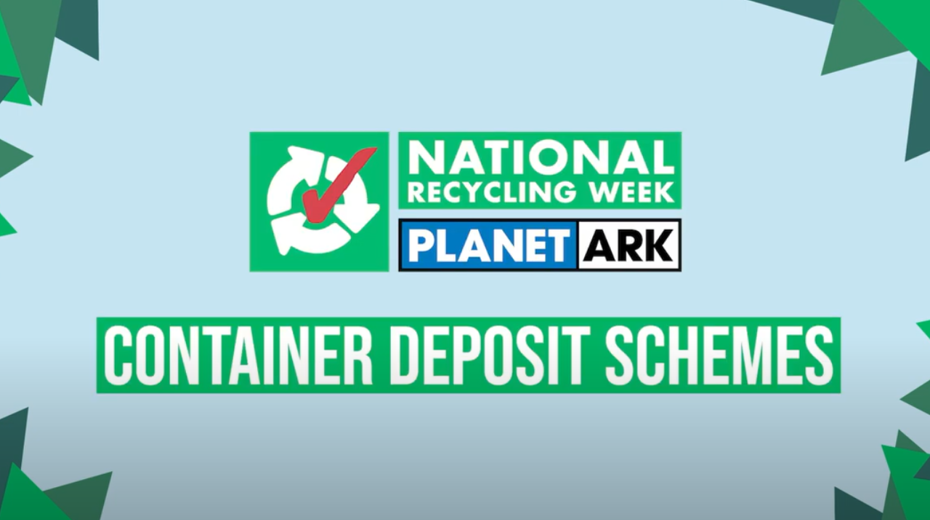Container Deposit Scheme
Here is another way you can get involved and help GIVIT continue to do what we do, match your generosity with genuine need. Learn how to donate cans and other recyclables!
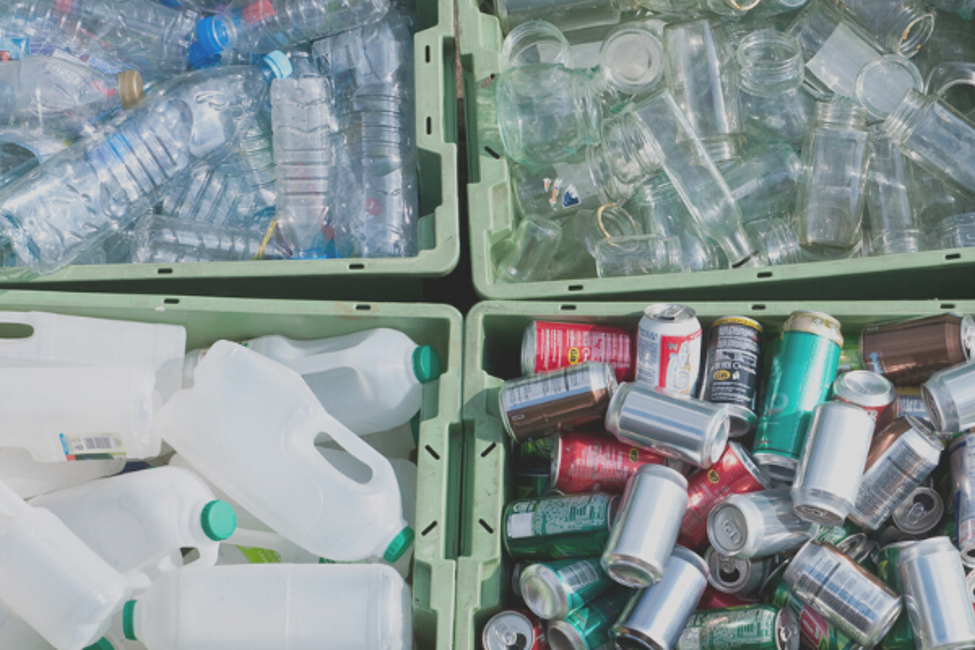
-
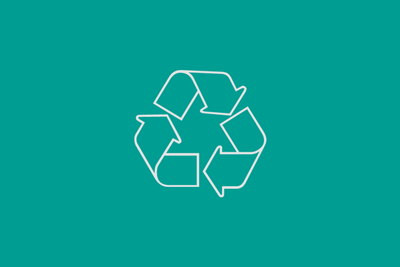
What is a Container Deposit Scheme
A Container Deposit Scheme (CDS) is a recycling scheme for certain types of bottles, cans, and cartons that anyone can use to receive a 10c refund per container recycled. -
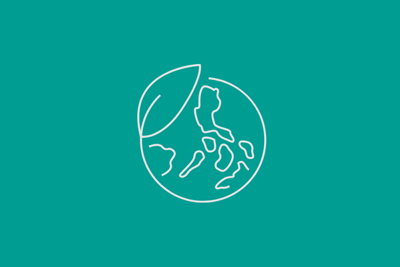
What are the benefits?
The obvious one is reducing landfill, but there are many more benefits. This includes the ability to receive funds which you can donate to GIVIT. -
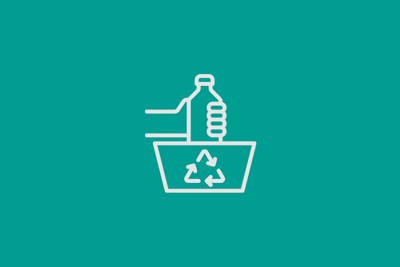
How does it work?
Containers recycled through CDS are turned into higher quality materials and products, than containers collected through co-mingled recycling services (such as your household recycling bin collected by your council).
When you deposit, did you know you can donate the funds to GIVIT?
How to use the container deposit scheme in your state
Each state has a difference scheme name, in Queensland the scheme is called Containers for Change.
Where are the collection points?
There are already 230 container refund points across Queensland with more coming on line soon. These container refund points may operate on a permanent, temporary or mobile basis.
For further updates on the scheme visit:
https://www.containersforchange.com.au
What's accepted?
Most aluminium, glass, PET, HDPE, steel and liquid paperboard beverage containers between 150ml and 3L will be eligible under the scheme.
After a period of transition, all eligible containers will also be required to display a refund marking that will make it easy for people to see which containers can be returned for a refund.
What's not accepted?
-
Plain milk containers
-
Large containers (1L or more) that have contained flavoured milk, pure juice, cask wine or cask water
-
Cordial or vegetable juice containers
-
Sachets above 250ml that have contained wine
-
Registered health tonics
Search RecyclingNearYou to find out what is accepted in your kerbside collection.
Each state has a difference scheme name, in New South Wales the scheme is called Return and Earn.
For more information about the NSW container deposit scheme visit Return and Earn.
Where are the collection points?
The Network Operator is responsible for delivering statewide coverage through a network of collection depots and reverse vending machines. The full list of collection points will be available on the Return and Earn website.
What's accepted?
Most drink containers between 150ml and 3L that display a NSW CDS label can be returned.
From the commencement of the scheme in NSW all beverage suppliers and retailers must sell eligible beverage containers that display the required EPA approved CDS labelling, to be developed in the coming months.
What's not accepted?
-
Plain/unflavoured milk (or milk substitute) containers (cartons, glass or plastic)
-
Flavoured milk containers 1 litre or more
-
Pure fruit or vegetable juice containers 1 litre or more
-
Glass containers for wine and spirits
-
Casks (plastic bladders in boxes) for wine and casks for water - 1 litre or more
-
Sachets for wine 250ml or more
-
Containers for cordials, concentrated fruit/vegetable juices
-
Registered health tonics
As the primary aim of the program is to reduce litter, containers for drinks that are usually consumed at home, like wine bottles and milk and juice cartons, aren't covered, although they can be recycled in kerbside systems as usual. Search RecyclingNearYou to find out if your council accepts them.
Each state has a difference scheme name, in Australian Capital Territory the scheme is called The ACT Container Deposit Scheme.
For more information visit the ACT Government CDS site
Where are the collection points?
They've got convenient and accessible return points across the ACT and are planning on opening more soon. To find a return point visit the ACT Government CDS site.
What's accepted?
Eligible containers are ones that are commonly found in the litter stream, including most glass, PET, HDPE, aluminium, steel or liquid paperboard (cartons) between 150mL and 3L in size. All containers that can be recognised as an eligible container will be accepted.
What's not accepted?
- Plain/unflavoured milk (or milk substitute) containers (cartons, glass or plastic)
- Flavoured milk containers 1 litre or more
- Pure fruit or vegetable juice containers 1 litre or more
- Glass containers for wine and spirits
- Casks (plastic bladders in boxes) for wine and casks for water - 1 litre or more
- Sachets for wine 250ml or more
- Containers for cordials, concentrated fruit/vegetable juices
- Registered health tonics
Each state has a difference scheme name, in Victoria the Victorian CDS will be commencing in early 2023.
For more information about the Victorian container deposit scheme visit the Victorian Government's website.
Where are the collection points?
There will be many locations across Victoria to return eligible containers including shops, reverse vending machines, depots, pop-ups, and drop-off points. These will be run by recyclers, small businesses, charities, and community and sports groups.
What's accepted?
The Victorian Government has proposed eligible containers for refund should include cans, bottles, cartons, and juice boxes between 150mls and three litres.
What's not accepted?
The proposed scheme will not include:
- milk containers (plain or flavoured 1 litre or more)
- wine bottles
- spirit bottles
- juice bottles over one litre
- cordial bottles
Each state has a difference scheme name, in Tasmania CDS scheme is due to start in 2023. The statewide Container Refund Scheme (CRS) will be known as Recycle Rewards, which aims to reduce litter while supporting the development of our circular economy by increasing recycling.
More information about the collection points will come as the scheme is developed.
For more information, visit the Tasmania Government's website.
What's accepted?
Eligible containers are typically those that are between 150ml and three litres such as:
- cans (e.g. soft drink)
- bottles (both glass and PET)
- cartons (e.g. flavoured milk)
- juice boxes/poppers
What's accepted?
Ineligible containers include:
- milk containers (plain or flavoured 1 litre or more)
- wine bottles
- spirit bottles
- juice bottles over one litre
- cordial bottles
Each state has a difference scheme name, in South Australia the scheme has been running since 1977.
Search RecyclingNearYou to find out what is accepted in your kerbside collection.
Where are the collection points?
For a full list of collection points, please visit the SA EPA website.
What's accepted?
- Carbonated soft drinks, 3L or less
- Non-carbonated, soft drinks: including (but not limited to) fruit juice based drinks (containing less than 90% juice), 'sports' drinks, 'vitamin' drinks, 'energy' drinks, ready to drink cordials, 3L or less
- Water: plain, still or carbonated spring water, mineral water and any other water intended for human consumption, less than 1L
- Pure fruit/vegetable juice: means a liquid at least 90% of which is fruit juice and/or vegetable juice, less than 1L
- Flavoured milk: less than 1L
- Beers, cider and mixed drinks, 3L or less
- Spirits: a liqueur or other alcoholic beverage produced by distillation (eg: brandy, gin, rum, vodka, whisky), 3L or less, non-glass only
- Wine in plastic or sachets, less than 250ml
- Wine in casks, less than 1L
What's not accepted?
- Unflavoured milk (cartons, glass or plastic)
- Concentrated fruit and/or vegetable juice intended to be diluted before consumption
- Health tonic included on the Australian Register of Therapeutic Goods
- Cordial (undiluted)
- Glass wine and spirit bottles
For a full list see the SA EPA website.
Each state has a difference scheme name, in Northern Territory it is managed by Northern Territory Government.
Where are the collection points?
See the full list of collection points in the Northern Territory.
What's accepted?
- Carbonated soft drinks, 3L or less
- Non-carbonated, soft drinks: including (but not limited to) fruit/juice based drinks (containing less than 90% juice), 'sports' drinks, 'vitamin' drinks, 'energy' drinks, ready to drink cordials, 3L or less
- Pure fruit/vegetable juice: means a liquid at least 90% of which is fruit juice and/or vegetable juice.
- Flavoured milk, less than 1L
- Water: plain, still or carbonated spring water, mineral water and any other water intended for human consumption, less than 1L
- Beer, cider and mixed drinks, 3L or less
- Wine in plastic or sachets, less than 250ml
- Wine in casks, less than 1L
What's not accepted?
Unflavoured milk (cartons, glass or plastic)
- Concentrated fruit and/or vegetable juice intended to be diluted before consumption
- Health tonic included on the Australian Register of Therapeutic Goods
- Cordial (undiluted)
- Glass wine and spirit bottles
See the full list of what's covered
Search RecyclingNearYou to find out what is accepted in your kerbside collection.
Each state has a difference scheme name, in Western Australia the scheme is called Containers for Change.
For more information, please email your request to cds@dwer.wa.gov.au or visit the Containers for Change website.
What's accepted?
Consumers will be able to get a 10 cent refund on all eligible beverage containers - plastic and glass bottles, paper-board cartons, and steel and aluminium cans between 150 millilitres and three litres. Examples of eligible beverage containers include:
- Soft drink cans and bottles
- Bottled waters - both plastic and glass
- Small flavoured milk drinks
- Beer and cider cans and bottles
- Sports drinks and spirit-based mixed drinks.
What's not accepted?
-
Plain milk containers
-
Glass containers which have contained wine or pure spirits
-
Large containers (1L or more) that have contained flavoured milk, pure juice, cask wine or cask water
-
Cordial or vegetable juice containers
-
Sachets above 250ml that have contained wine
-
Registered health tonics
Search RecyclingNearYou to find out what is accepted in your kerbside collection.
What is a Container Deposit Scheme?
If you'd like further information on donating cans and more of your CDS fund to GIVIT, please email us at info@givit.org.au or get in touch via our contact us form.
